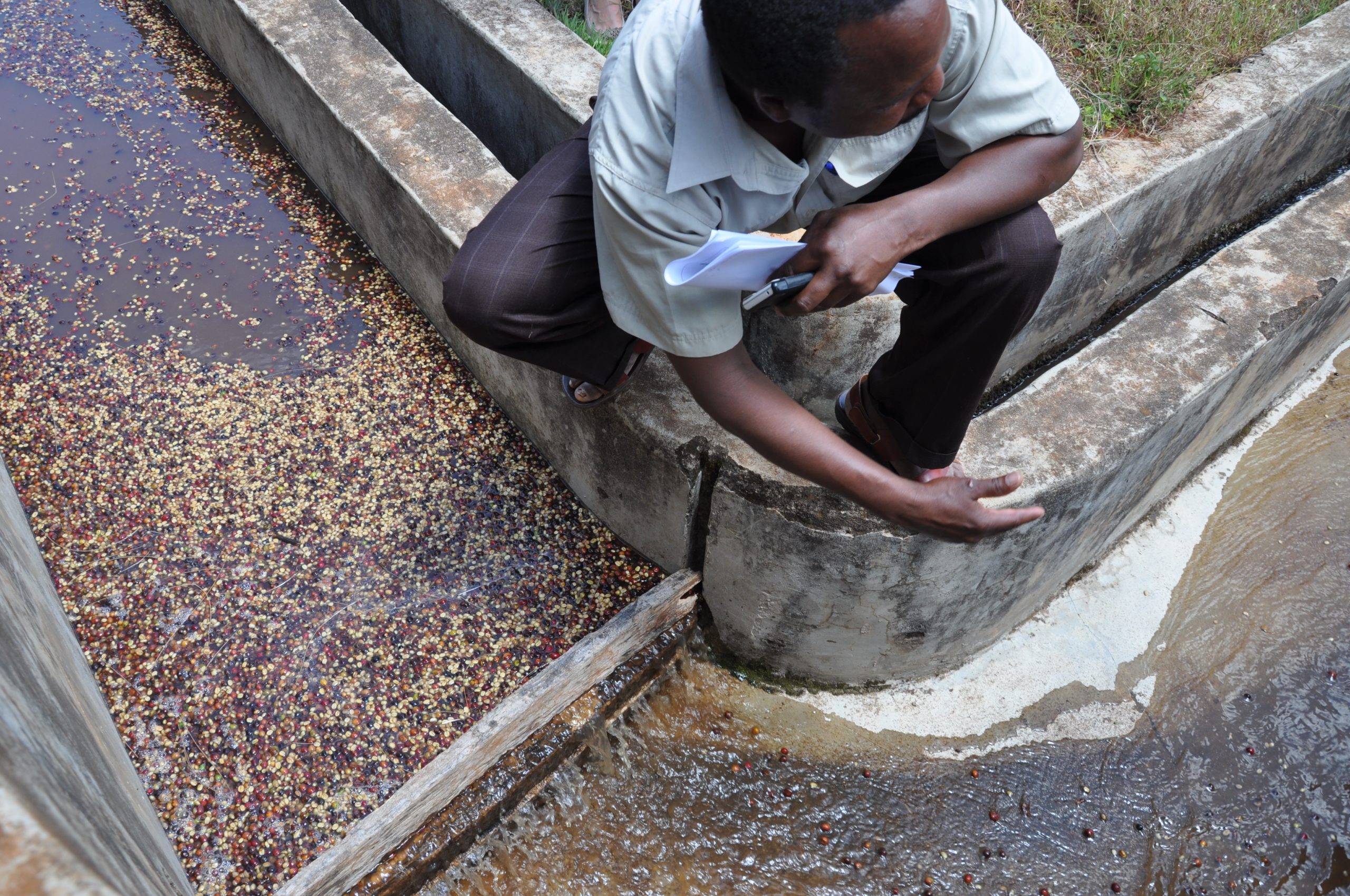
Pathological collaboration. It’s a phrase we use frequently at Root Capital — a phrase that speaks to our willingness to embrace partnerships in order to expand economic opportunities for as many smallholder farmers as possible. Earlier this year, I got to see that approach in action.
In 2014, seven agricultural lenders from around the world — Alterfin, Oikocredit, Rabobank’s Rabo Rural Fund, ResponsAbility Investments AG, Root Capital, Shared Interest Society, and Triodos Investment Management — founded the Council on Smallholder Agricultural Finance (CSAF), a pre-competitive collaboration designed to promote industry standards, responsible lending practices, and positive social and environmental impact. Since then, two more agricultural impact investors have become members: Global Partnerships and Incofin. In 2015 alone, CSAF members collectively disbursed nearly $600 million to 672 businesses that source from 2.1 million farmers. We expect each of those numbers to continue to grow.
Despite significant growth in lending by CSAF members just over the past few years, we recognize that collaboration among members and engaging a wider set of stakeholders is crucial if we truly aim to one day serve the needs of the world’s 450 million smallholder farmers. While our tactics may differ, CSAF members are united by a common commitment to share our learning and standardize best practices to maximize our collective impact on smallholder farmers.
A few months ago, I traveled to Nairobi, Kenya to facilitate the first joint training on environmental, social and governance (ESG) due diligence for CSAF. That same week, Root Capital and the other CSAF members announced the adoption of jointly developed ESG principles in an effort to promote responsible lending to agricultural businesses across the globe.
By performing ESG due diligence well, CSAF members verify that the businesses they loan to are meeting basic social and environmental standards — following minimum wage laws, providing legally mandated benefits, or operating with the appropriate permits for waste management, to give a few examples. In many of the countries where we work, local authorities don’t enforce these standards very strictly, putting the onus on social lenders like Root Capital and our peers to make sure that businesses follow ESG best practices.
The goals of the ESG training I facilitated were threefold:
- To cultivate a shared commitment to these principles among world leaders in smallholder finance;
- To promote peer-to-peer exchanges on process challenges and innovations;
- To continue honing staff members’ technical ESG skills.
My hope was that this workshop would allow participants to share best practices and, more importantly, build relationships that would promote long-lasting collaboration.



After settling into the conference center located just a stone’s throw from our Nairobi office, the 22 participants — loan officers and ESG professionals from across the CSAF members — began to tackle a case study on the process of identifying and mitigating ESG risks among agricultural businesses. Seeing our participants huddled in small groups around the conference room tables, passionately debating the most effective way to approach a particular client, I found myself reflecting on how many combined years of experience must have been present in that room.
Nine different agricultural lenders. Staff from three different continents. Decades of shared expertise. All working towards a common goal. That, I thought to myself, doesn’t happen every day.
I’ve had the fortune to lead several similar trainings for Root Capital, traveling to Latin America and Africa to train our own loan officers on ESG due diligence. This time, there was a different kind of excitement in the air — an excitement borne from experts who have never met, leveraging their shared knowledge to solve problems they all face.



Later on in the training, we piled into a bus that snaked its way through Nairobi’s rush hour traffic, emerged onto the highway, and jostled down a series of increasingly bumpy dirt roads to our ultimate destination: a coffee cooperative about two hours outside of the city. The cooperative’s leaders graciously invited us into a candid discussion about challenges and opportunities that coffee businesses like theirs face, such as resource constraints exacerbated by climate change and waning interest among young farmers.

Returning to the conference venue for the last day of the training, I facilitated a final group reflection on the classroom case study and field visit. The room practically hummed with energy as participants excitedly shared their thoughts on what they’d seen and ideas for putting the ESG principles into practice. Once again, I was struck by the sheer volume of insight that came out of just three days of having client-facing professionals from different backgrounds in the same room.
No single entity can meet the needs of the world’s 450 million smallholder farmers. While CSAF members sometimes compete for borrowers, we are first and foremost peers who are tackling common challenges: climate change, poverty and food insecurity among farmers, and youth migration, to name a few. We have much to gain by finding areas of common interest; developing and upholding ESG principles is a prime example.
If we want to achieve our vision of a thriving, sustainable and transparent financial market that meets the financing needs of agricultural businesses and generates long-term benefits for smallholder farmers, we need to work together. Root Capital is not the only one who believes this. Rather, we’re part of a growing cohort of agricultural lenders committed to bringing businesses and farmers the economic opportunities they deserve.
Want to learn more about CSAF? Visit their website at www.csaf.net.

